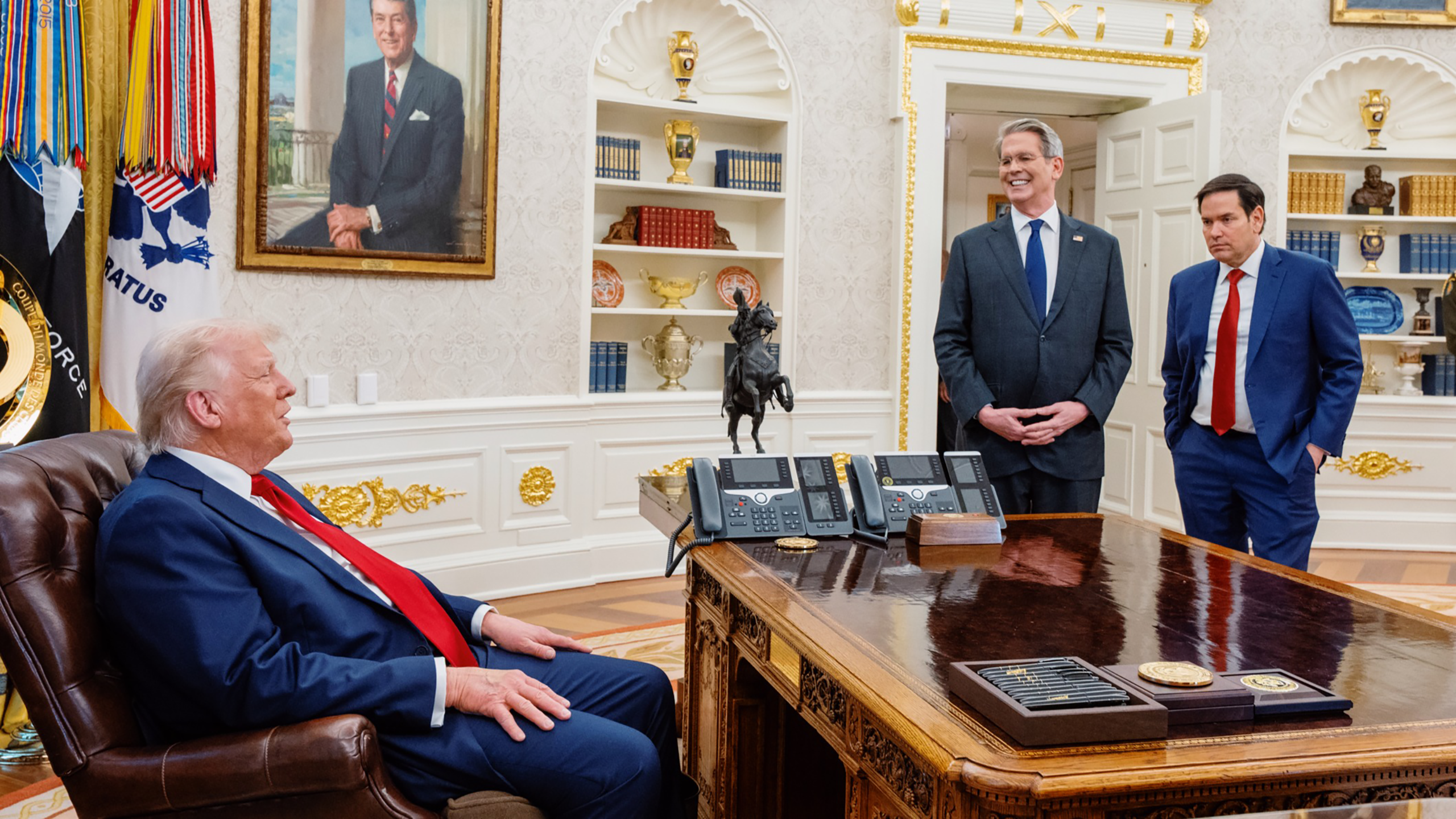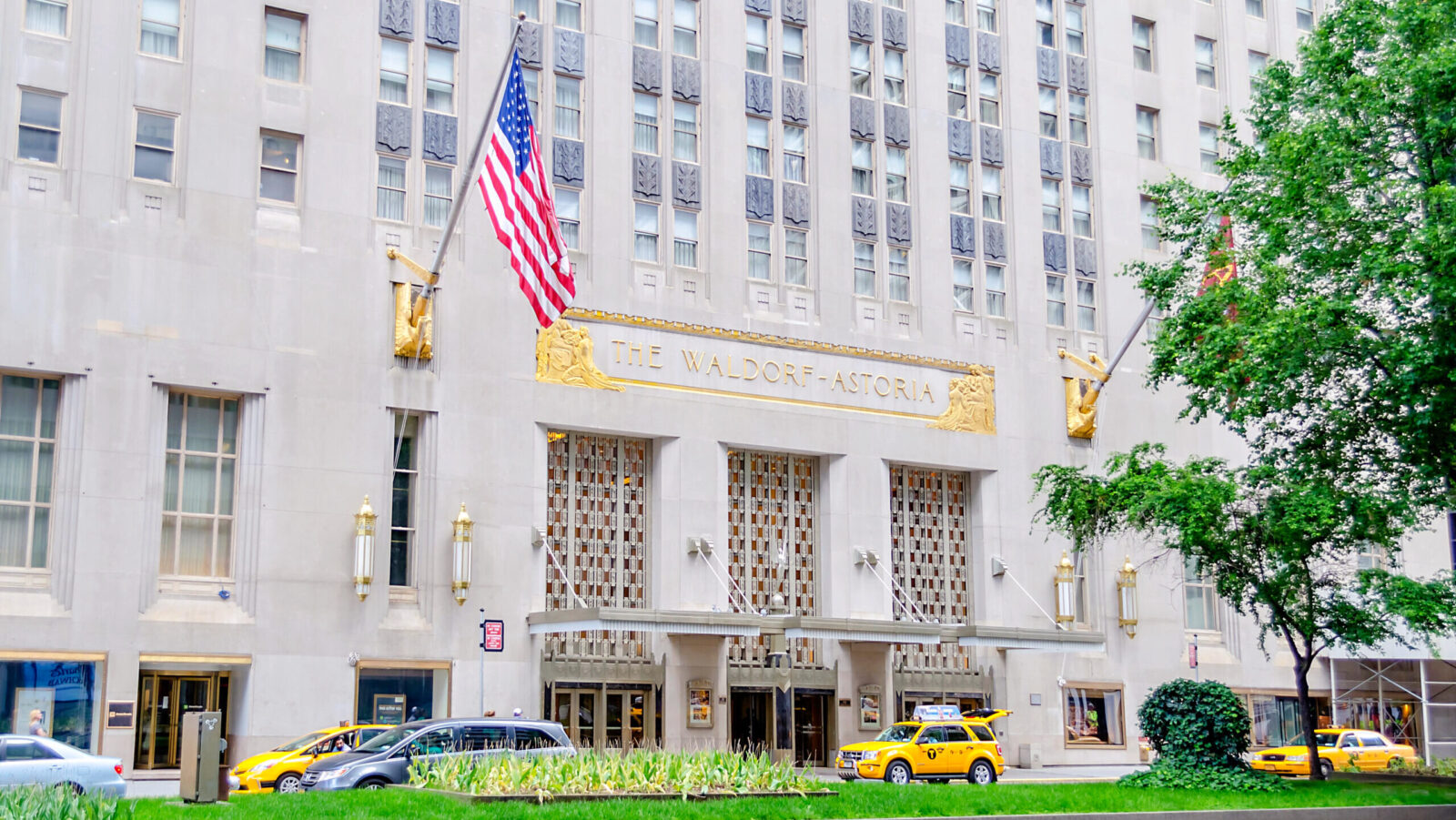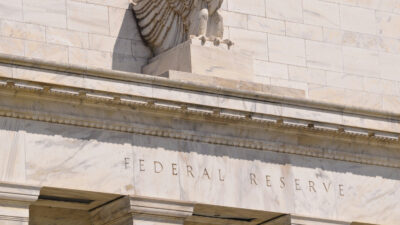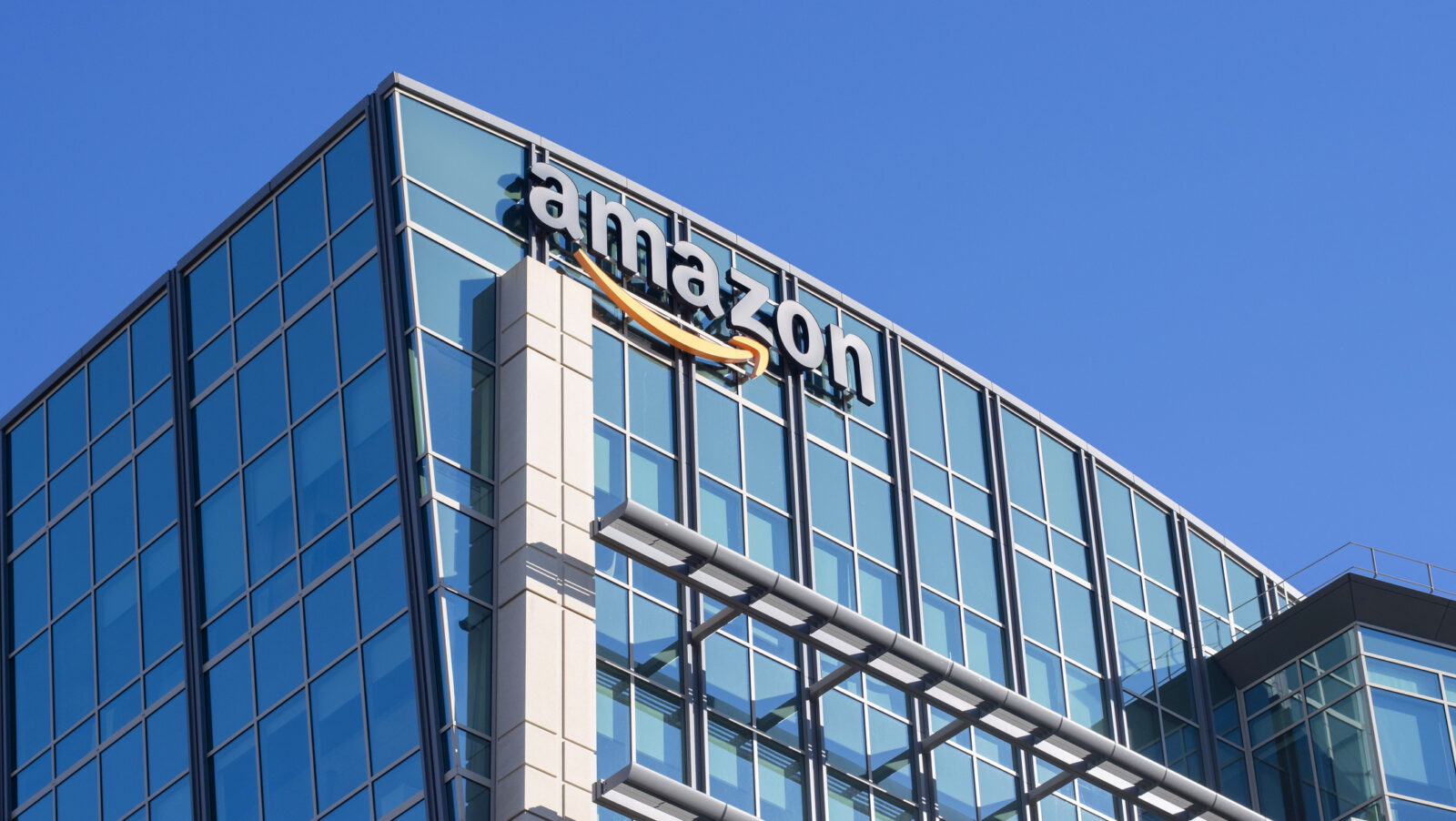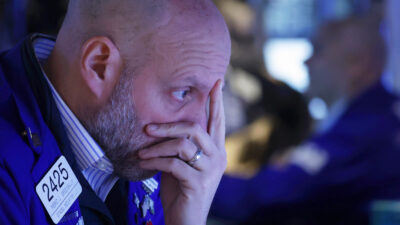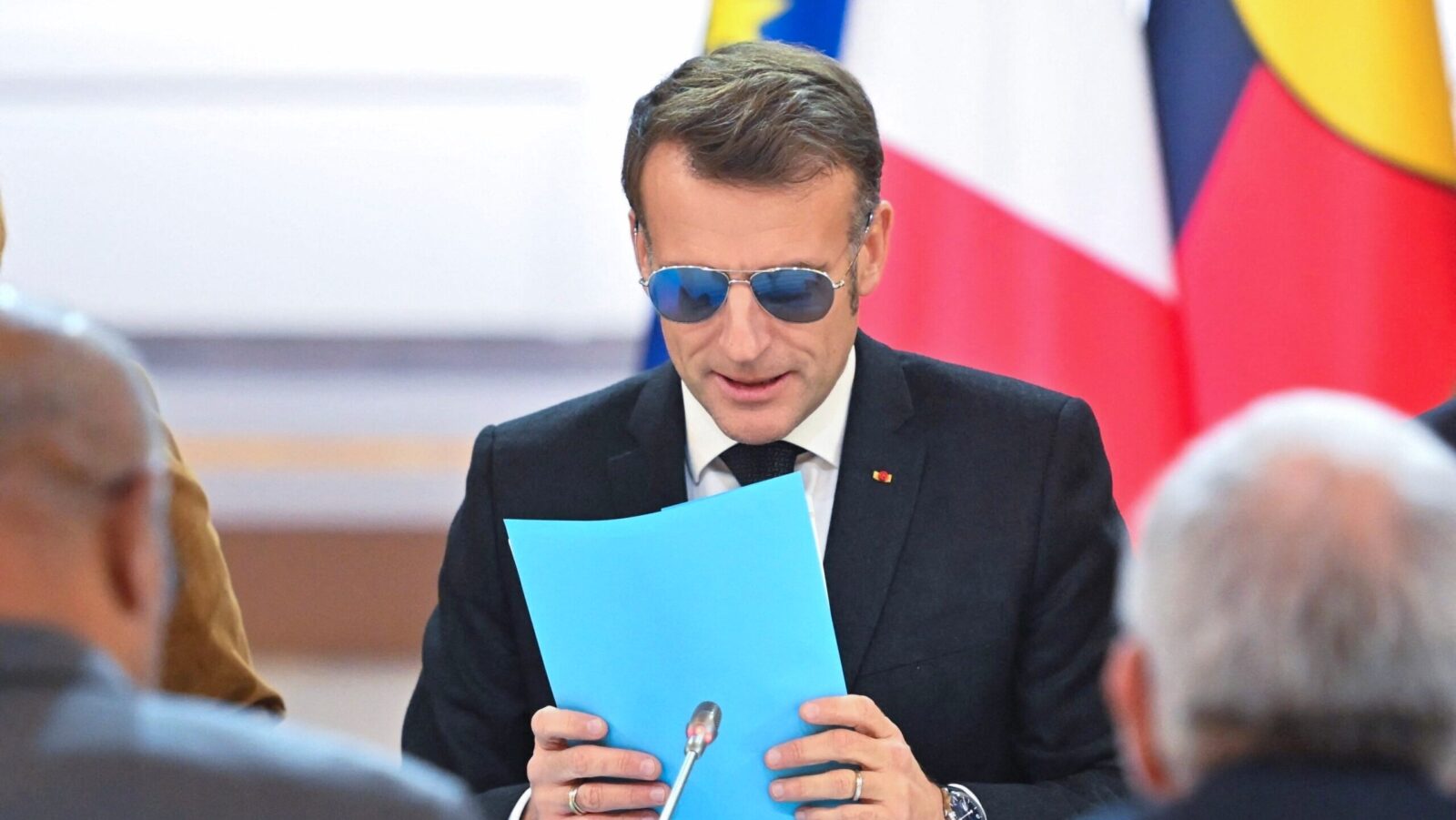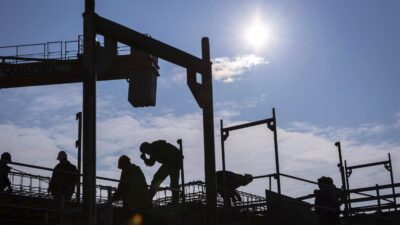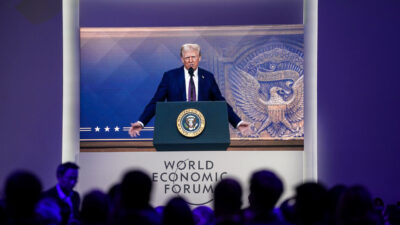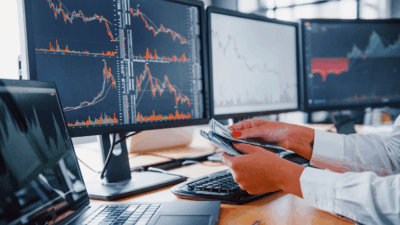Trump’s Economic Toolbox Holds More Than Tariffs, Treasury Chief Pledges
Treasury Secretary Scott Bessent laid out how he believes trade policy, tax cuts and deregulation will bolster US economic growth.
Sign up for smart news, insights, and analysis on the biggest financial stories of the day.
During a Q&A with Treasury Secretary Scott Bessent on Monday, financier Michael Milken told the nation’s chief financial officer that he has a phone alert set up to notify him of Treasury yield movements of more than 2% in a two-hour period. “Please don’t share that with the president,” Bessent joked.
The quip came at the Milken Institute’s Global Conference in Los Angeles, where the treasury chief preached calm and patience in the face of tariff uncertainty to the closely watched annual gathering of CEOs, billionaires, and investors from around the world.
Keep Calm and Tariff On
During his prepared remarks before the Q&A, Bessent surprised absolutely no one by touting the US as “the premier destination for international capital” and defending President Trump’s planned (or, in the case of China, real) tariffs on foreign imports. That’s his job.
But he also gave investors a crystallized view of the administration’s thinking on economic policy at a time when many have publicly voiced concerns about a seemingly haphazard approach to trade. One month after a theatrical Rose Garden presentation announcing global tariffs that have since been paused until July, the administration has yet to make a deal with any affected countries. But tariffs, Bessent said, were never meant to be isolated actions and instead are part of a triumvirate of “trade, tax cuts, and deregulation” that he called “interlocking parts of an engine designed to drive long-term investment in the American economy.” He then made the case for how this could work:
- Bessent previewed forthcoming Republican tax legislation, which he said would include research and innovation credits, as well as 100% expensing for equipment and new factory construction on top of plans to extend Trump’s 2017 tax cuts for individuals and businesses. In other words, while trade barriers and import costs may go up, investment in the US will be rewarded with incentives (which he said could be enacted by July).
- For Wall Street in particular, Bessent said the booming $1.7 trillion private credit industry suggests bank lending is overregulated and that he is looking into a “safe, sound and smart” approach to easing regulatory hurdles.
After addressing the conference, Bessent told CNBC that the US, which experienced a 0.3% economic contraction in the first quarter, can drive growth to 3% “by this time next year.” That would require heavy lifting by the trade-tax cut-deregulation triumvirate: The Congressional Budget Office projects GDP will grow 1.9% this year and 1.8% in 2026 while the IMF forecasts 1.8% growth in 2025 and 1.7% in 2026.
Wait and See: Bessent’s optimism isn’t shared by everyone. KKR co-founder Henry Kravis told the conference that CEOs are concerned about Trump’s trade war, which he said is “at the top of everyone’s agenda.” Jane Fraser, the chief executive officer of Citigroup, said clients are “prepping for headwinds” and that some businesses are delaying investment until they have a clearer picture of how (or if or when) the Trump administration will proceed with tariffs.
